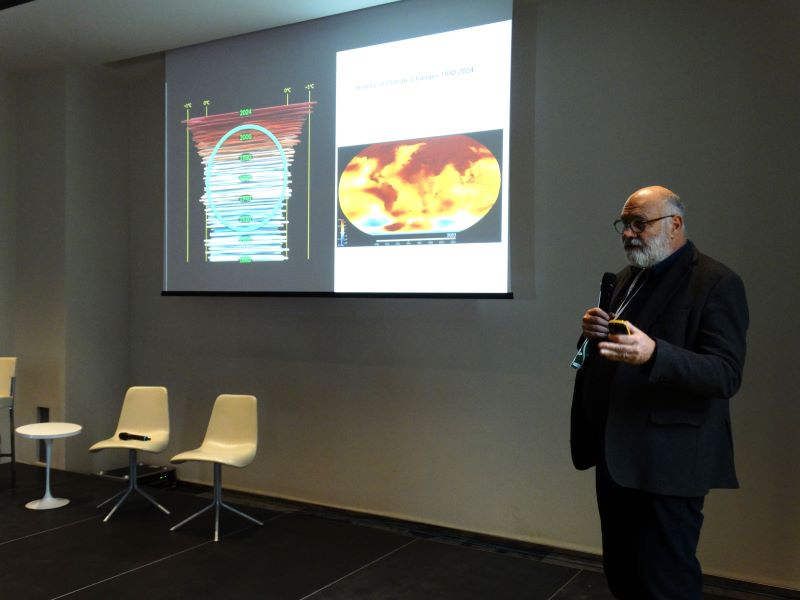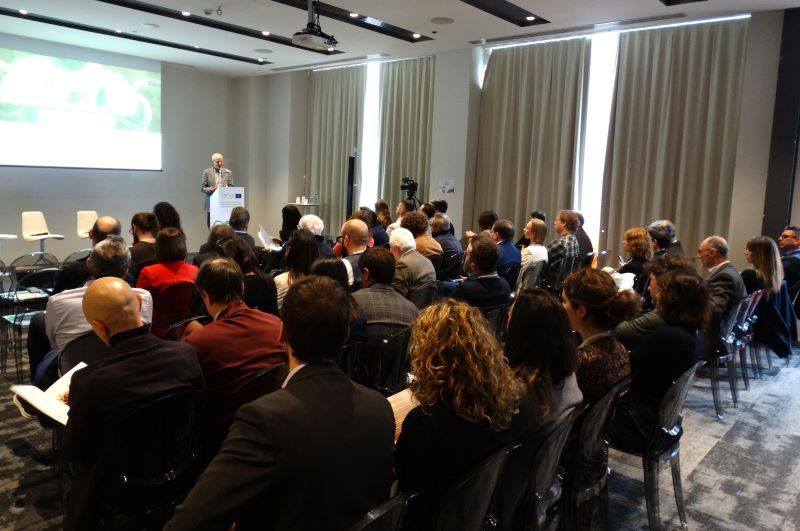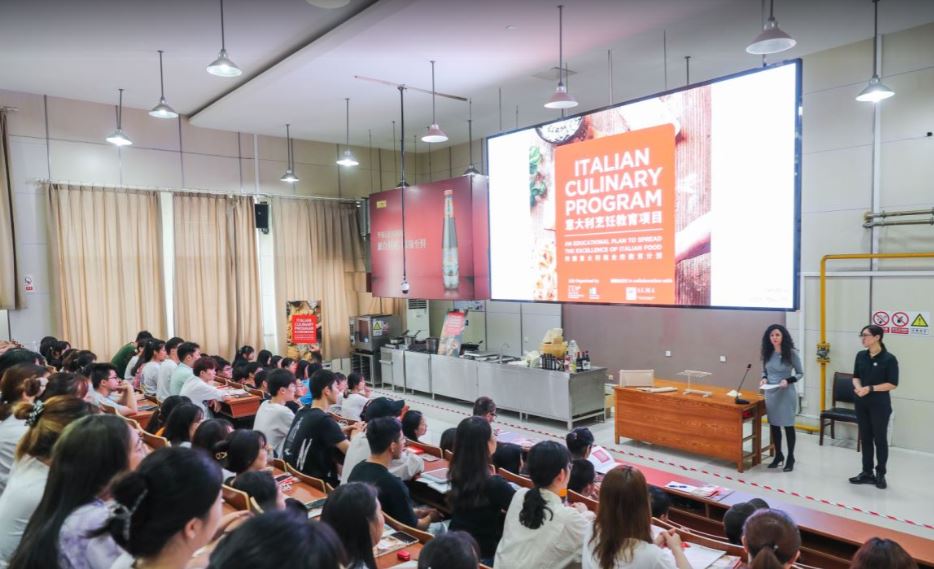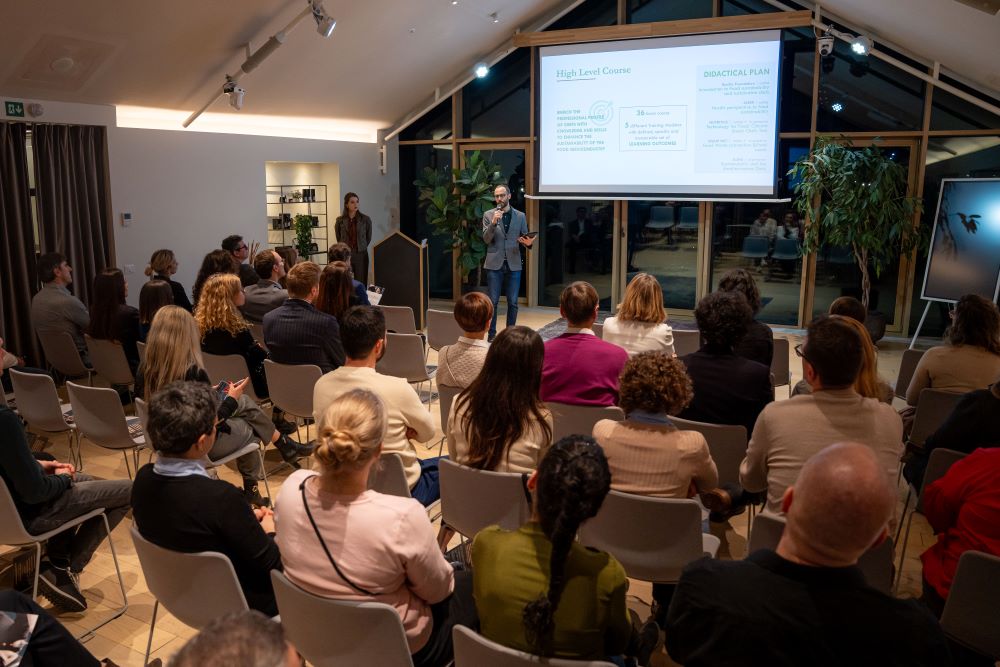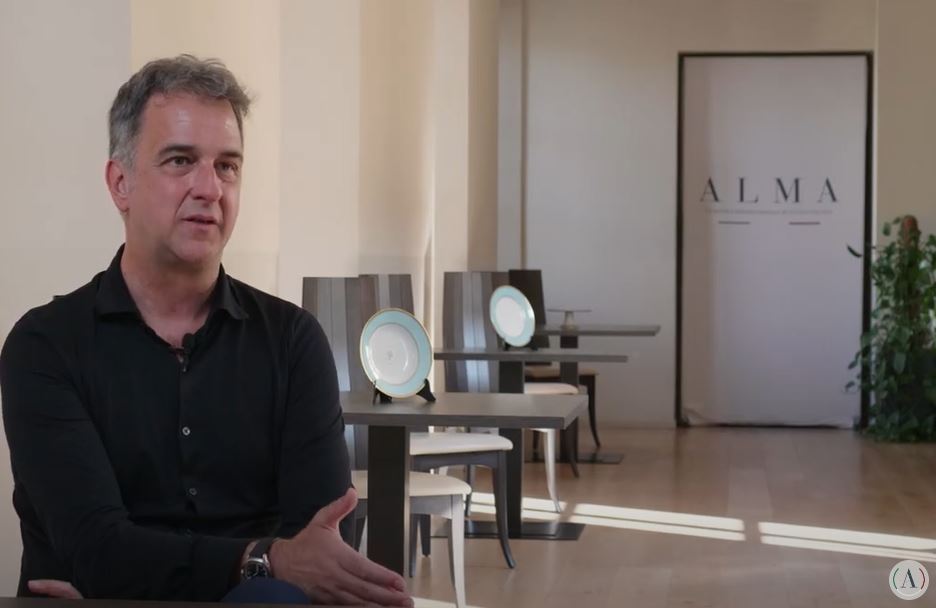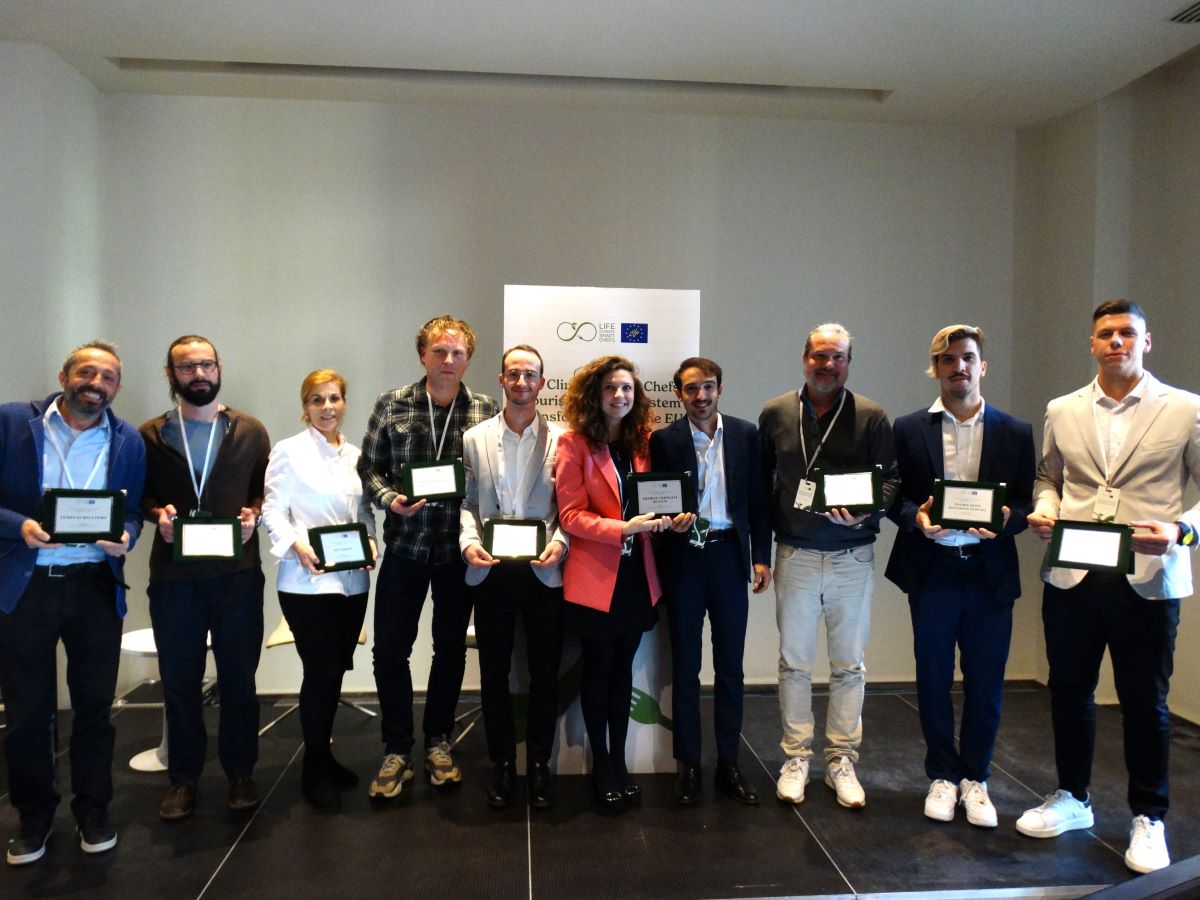
Climate Smart Chefs: a final time that is a new beginning

After 3 years of project work, more than 160 chefs trained in Europe, the creation of a network of more than 1700 associates, the adoption by more than 2000 chefs of a new tool for calculating the water and carbon footprint of menus, Climate Smart Chefs, the European Union’s LIFE project created with the aim of raising awareness and training chefs as strategic players in the fight against climate change and food waste, has come to an end. Two issues that are more topical than ever, and which give daily evidence of the urgency of a trend change, before the next generations pay a very high price.
Launched in January 2021, this project led by the Fondazione Barilla and realised together with ALMA, Enaip, the Finnish university Jamk and the Irish research centre Nutritics, has seen the succession of different stages, each time achieving the key performance indicators set by the EU. First came the dissemination and networking phase, to spread awareness of the project and create engagement and participation. Then came the training phase: a course, partly online and partly practical at ALMA premises, aimed at creating a culture not only culinary, but also nutritional, scientific, social and environmental in Chefs, so that they can make their contribution and play their part in protecting the environment, raw materials, and common eating habits. Lastly, an award, with cash prizes and, again, educational prizes, dedicated to chefs and non-profit associations that carry out concrete initiatives and a decided orientation in favour of sustainability.
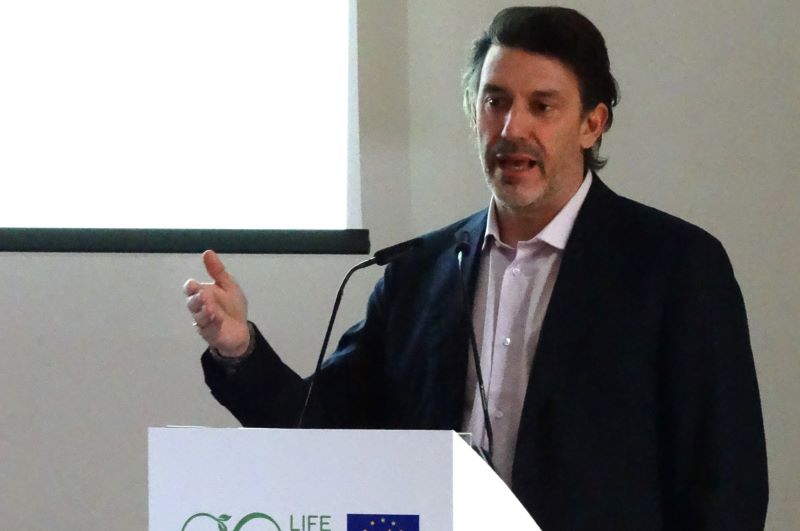
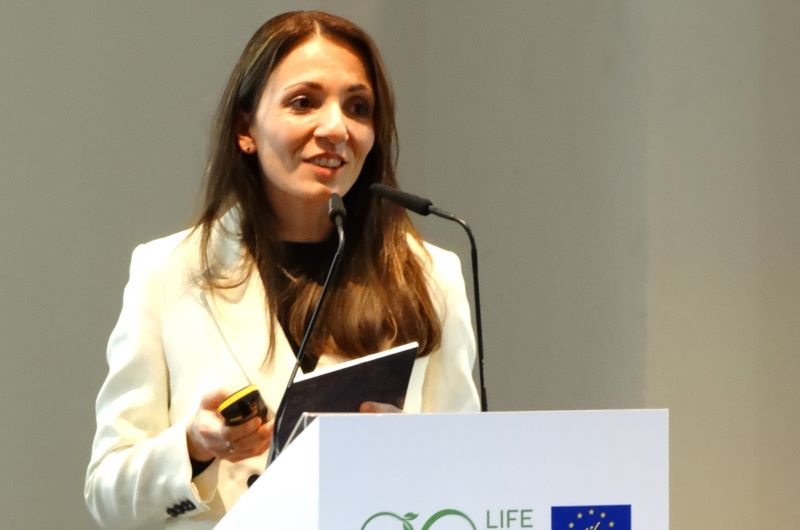
All this was recalled with pride and satisfaction by all the partners during the project’s final conference, held a few days ago in Milan. Starting with Matteo Pauri, vice president of Fondazione Barilla, and Marta Antonelli, coordinator of the Climate Smart Chefs project, who also pointed out the need to give future viability to this journey, which began under the best of circumstances, but which must now be replicable and transferable elsewhere and find a model of continuity, in Italy as well as abroad.
After the speeches by ALMA, Nutritics and Jamk, other figures took the stage to contribute to the debate, such as Riccardo Valentini, a member of the project’s advisory board and Professor of Ecology at the University of Tuscia, who in 2007, together with the Ipcc (Intergovernmental Panel on Climate Change), won the Nobel Peace Prize for his research on climate change. Valentini showed very eloquent data on the severity of certain climate parameters and demonstrated the strong link between food production, processing and consumption in the current climate change. He was followed by Sara Amato, Head of Food Strategy of C40, a global network of almost 100 mayors from the world’s major cities who have joined forces to tackle the climate crisis: the researcher described the objectives and working methods of this international project, which sees the major metropolises as the main culprits, and therefore the potential major resolvers, of problems such as global warming, food waste and poor nutrition.
At the end of the speeches, it was time to award the winners of the Climate Smart Chefs competition: the title of best sustainable restaurant was given to the Cilento-based Risto Lab by Amabile Cortiglia; prize for the best recipe to Chef Matteo Farsoni, Pastry Chef of Villa D’Amelia, Vestuggia; and finally, prize to Orizzonte Sale, a non-profit organisation from Venice, for the best project. Presenting the awards, together with Marta Antonelli, was Chef Chiara Pavan, ambassador of Climate Smart Chefs and Michelin Green Star, for the sustainable choices that have always characterised her Venissa and her cooking philosophy.
The day ended in the afternoon with a series of round table discussions and workshops among participants to define strategies, critical issues and goals for the Climate Smart Chefs continuity plan, so that what has been done so far was not a mere exercise in style but the first step towards concrete change.
